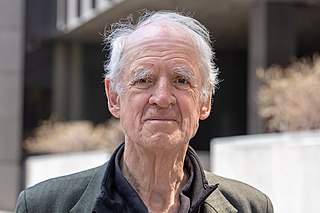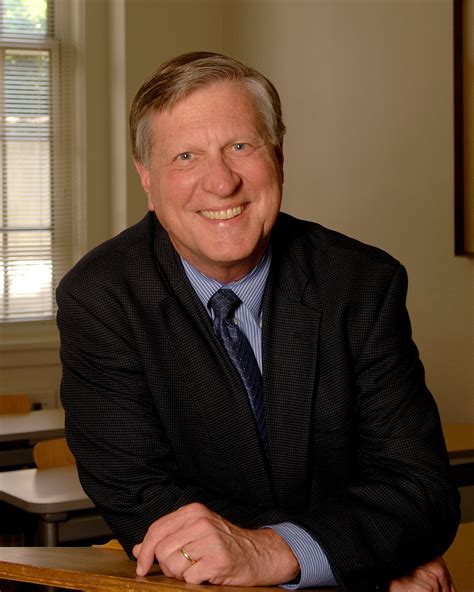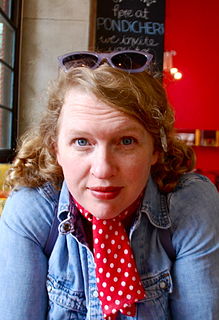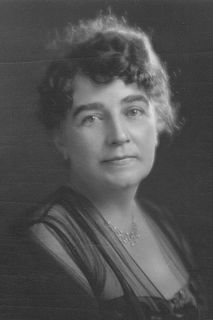A Quote by Mehmet Murat Ildan
We are the visitors in the lives of others; we visit them and we disappear!
Related Quotes
We define our identity always in dialogue with, sometimes in struggle against, the things our significant others want to see in us. Even after we outgrow some of these others—our parents, for instance—and they disappear from our lives, the conversation with them continues within us as long as we live.
A couple you do not recognize - visitors, strangers - come to the door. How are you to view these people and what is your responsibility towards them? ... To assume that these visitors are really like you, that there are no real difference between you and them, and that the highest goal possible is that you and the other members of your congregation will become intimate friends with them and invite them into the private spaces of your life.
Let others lead small lives, but not you. Let others argue over small things, let them complain over what might have been, but not you. Let others cry over small hurts, let them be discouraged, let them be revengeful and vindictive, but not you. Let others leave their future in someone else's hands, let them become materialistic and empty, but not you. Let others become ungrateful and stop praying, but not you! Let others give up, but not you! For you know in whom you believe and you know that He is always able. Now, that's you!
Teddy grinned again. 'Truths are dangerous,' he said. -'Then why are you writing them in a book?' -'To catch them between the pages,' said Teddy, 'and trap them before they disappear.' -'If they're dangerous, why not let them disappear?' -'Because when truths disappear, they leave behind blank spaces, and that is also dangerous.
Now what is a guest? A thing of a day! A person who disturbs your routine and interferes with important concerns. Why should any one be grateful for company? Why should time and money be lavished on visitors? They come. You overwork yourself. They go. You are glad of it. You return the visit, because it's the only way to have back at them.
One of the interesting things about the ancient Greeks is that they really didn't have our conception of individual rights. They didn't have our conception of all lives matters. And it was really was true for them, that certain lives matter a lot more than others. It didn't dawn on them that all lives, although different, can be lives of equal mattering. And that is actually something a huge ethical lesson.
The proclamation of the Gospel is destined primarily to the poor, to those who often lack the essentials for a decent life. The good news is first announced to them, that God loves them before all others and comes to visit them through the acts of charity that the disciples of Christ carry out in his name.





































